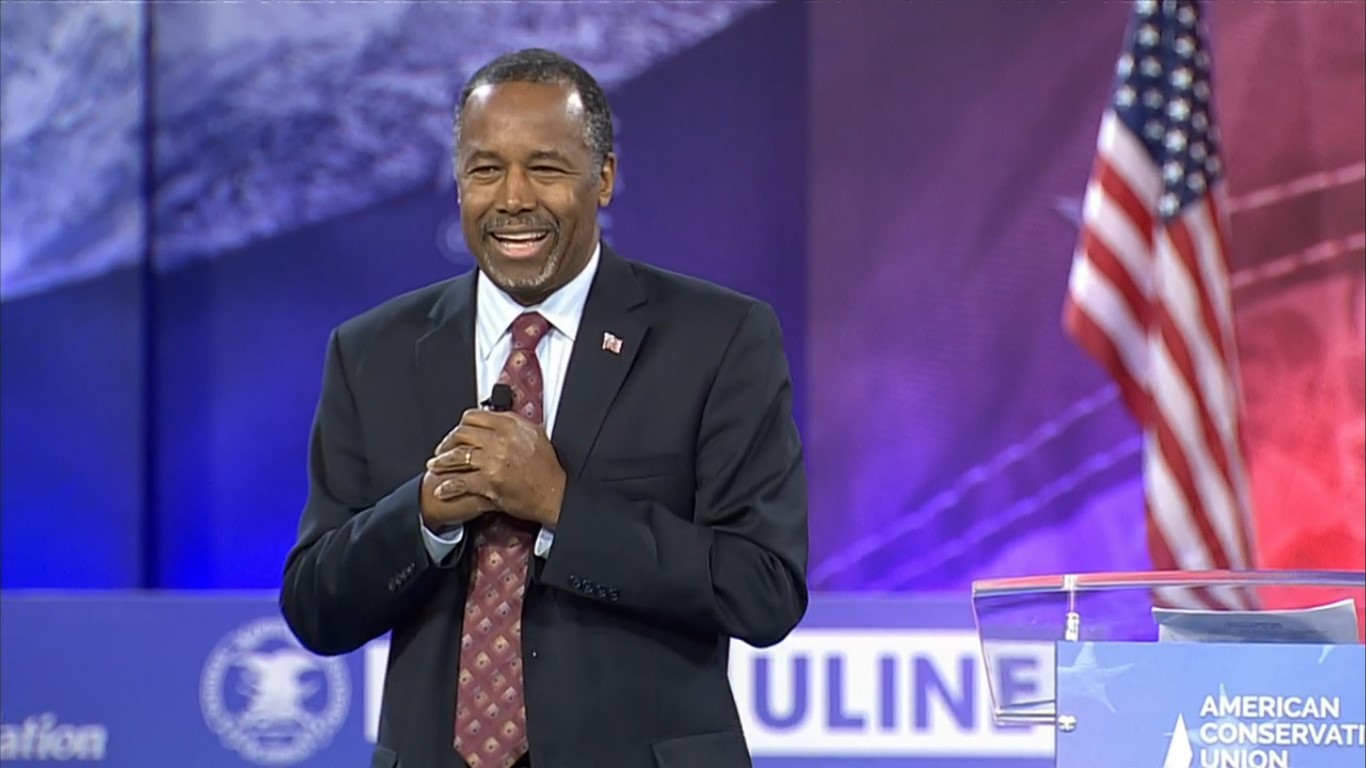Maryland would need to add more than 25 percent to its overall payroll cost if it is to catch up to its commitment to provide its retirees with health care, according to a recent report on nationwide public retiree health care costs.
The report, from the Center for State and Local Government Excellence, says Maryland’s liability of about $14.5 billion for retiree health care would require a $1.1 billion annual payment if the state were to fund the program in full.
That would amount to 27 percent of state payroll, the second-highest proportion in a ranking of 49 states, behind Hawaii. The state also has the ninth-highest unfunded liability per capita according to the report. The center is a two-year-old research organization whose board of directors includes representatives from the National League of Cities and the National Governors Association.
The state’s ballooning liability for retiree health care has loomed in recent years, after a change to government accounting standards required state and local jurisdictions to recognize the long-term costs of retirement programs. Many governments had previously treated the retirement costs, or other post-employment benefits (OPEB), as an annual expense.
A December report by the Maryland Department of Legislative Services said that health insurance for current and retired state employees was “the fringe benefit posting the largest absolute growth since fiscal 2002,” increasing by 77 percent or $374 million (page 52). This was due to double-digit increases in health insurance costs, and the draining of previously held balances.
The national study said that many states have a lot of catching up to do. Since retirement liabilities are spread over 25 years in the state, it’s not realistic that the state would have to pay its entire bill at once. Still, concern is growing over states’ ability to catch up.
“As the annual cost rises, the ability to finance these programs may cause other priorities to be unmet and the overhang of billion dollar retiree health insurance liabilities may influence future bond ratings,” the Center on State and Local Government Excellence says.
The report points out that in many states, the benefits are not entirely outlined in law or contractual obligations. In Maryland, this means policymakers may have the option of reducing benefits or increasing employee costs to close the gap. So far, the state has put aside $100 million toward its OPEB liability.
It does not appear that the state will take any major steps toward digging out from the OPEB hole in its budget for 2011. Del. Melony Griffith, D-Prince George’s, House chair of the Blue Ribbon Commission to Study Retiree Health Care Options, said any action would likely wait until after the impact of the federal health care overhaul working its way through Congress is complete.
She said federal changes may affect federal Medicare or Medicaid reimbursement rates or prescription drug costs — factors that affect the cost of health care for state retirees.
“You’ll probably see all of the states holding to review the actions of the federal government and its impact on health,” Griffith said. “In light of the actions of the federal government, it’s in our best interests to find out what the results of that legislation are.”
Gov. Martin O’Malley’s press office did not respond to multiple requests for comment on his plans to deal with the OPEB liability.
Del. Murray Levy, D-Charles, who also sits on the retiree health care commission, said he hopes the federal bill is complete in time for review and some action this year.
“Every day that passes that we do nothing, our liability grows,” he said. “Our health care is too expensive for our employees. When this benefit was first legislated, nobody in their wildest dreams could imagine it would grow to the level it has, and it will keep growing.”





Recent Comments